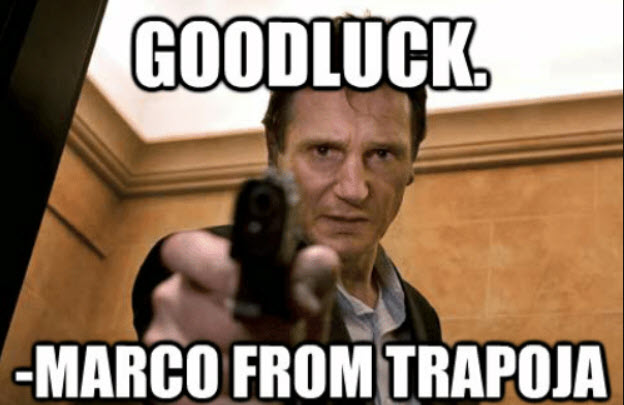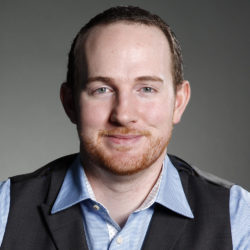Crazy thought of the day:
Is it possible that we’re nothing but amusing sock puppets, worn and animated by a bored, schizophrenic universal consciousness?
Maybe.
Skepticism is wise, being closed-minded is unwise…so I try to be an open-minded skeptic.
Now, I don’t want anyone to take anything too seriously (hell, maybe not seriously at all, that would make for a more enjoyable existence), but I do want people to think for themselves while remaining open minded and poking constantly at the nature of reality.
But as long as we’re poking at reality, and asking things like “what is real” and “what is true”, there’s no better place to start than with religion.
Religion is, frankly, easy to debunk (just use each religion’s own contradictory religious texts and simple logic). Easy peasy, so not going down that rabbit hole here.
BUT…
The idea of a creator though, in some fashion, is impossible to debunk (which is where religious folk often get hung up, thinking that somehow their religion being false also means a creator can’t exist).
Sorry not sorry. I recommend strong beliefs weakly held 😉
The idea of a creator however actually fits with numerous other mental models of reality; the idea that we are in a simulation, that we are characters in a game (think Roy from Rick and Morty), are part of some universal consciousness, and probably other mental models to boot.
Each of these is theoretically possible.
But are they probable?
Without any data one way or another, you can’t assign an exact probability to any of these, so they must be stated as equally probable in relation to one another.
And if what we know of humanity is even remotely accurate, we know we are hugely biased, have limited sensory ability (we perceive just a tiny fraction of what’s around us, and much of that gets skewed by the brain), and that labels like “magic” and “mysticism” are really just ways of saying “I don’t know how this works right now” or “I can’t explain this yet”.
Many things we now accept as science fact were once science fiction or mysticism (gravity, heliocentrism, magnetism, electricity, etc., take your pick).
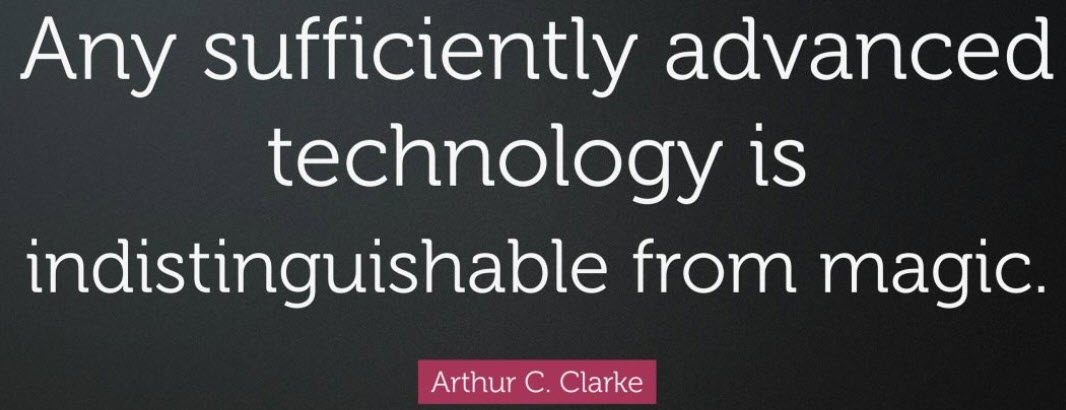
So, it’s fair to state that if you can’t explain something, or can’t prove/disprove something, you also can’t dismiss it out of hand. This is sound logic and wise thinking.
Now, most people believe we live in a material, causal universe. Material (being composed of real things), and Causal (everything has a precursor, a beginning).
But quantum physics throws the material/causal model for a rather spectacular loop. (Just poke at quantum entanglement, quantum observer effect, and quantum indeterminacy, the holographic principle, etc.)
The funny thing is though, science is just another belief system, based on a lot of presuppositions, with a great many instances of “we don’t know” still floating around in there.
Physicists can’t even agree on whether time and space, or our whole freaking universe for that matter, are “real”, so there’s that.
But let’s take the formation of the known universe…if we live in a causal universe, we’d be facing infinite causal recursion. What formed the universe? What came before that? What came before that? On and on, forever.
At some point, there must have been a beginning with no precursor…and there goes causality. Thus Aristotle’s Unmoved Mover concept.
Now, I’ve been poking at reality for pretty much the whole of my life, but I’ve specifically been doing a process called Spiritual Autolysis for the last year and change, and have picked apart a LOT of things I once thought were true, but turned out to be riddled with assumptions and unfounded dependencies.
And here’s the thing: these ideas are ancient, I’m not the first to wonder about them, nor will I be the last.
Throw a rock backwards through time and you’ll hit someone who has thought about this stuff.
Every great philosopher (and likely every major religious figure, Jesus Yeshua/Joshua and the Buddha especially) has explored these concepts.
And frankly, if they could be categorically proven (or disproven) to the satisfaction of all (or most, or even many), it would likely have happened by now.
Alas, it has not.
Nor do I expect it to happen.
My sense of the matter is that arriving at Truth is something that can only occur at the individual level, through exploration and excision of untruth.
Nobody can teach you or convince you of TRUTH.
It is, simply stated, a single player game.
And frankly, I have zero interest in playing the “prove it” game ¯\_(ツ)_/¯
I believe, in some way, shape, or form, that I’m playing a single player game here, and when I drop something on Twitter or my blog or anywhere else, all I’m doing is A. thinking out loud, and B. seeing what it shakes loose.
I’m nobody’s guru.
I don’t define or even attempt to prove Truth to anyone other than myself.
That’s on you.
I just think and ask questions, sometimes out loud and in public 😂
But, for shits and giggles, here you go. Let’s boil this all down to 3 questions, and see if we can at least get you pointed in the general direction of discovering Truth for yourself.
- What is probable?
- What is real?
- What is true?
Let’s start with probability.
Generally, data is necessary to assign accurate probability. But, with a set of options for which you have no data, you may begin from a position of “all these options are equally probable”, among themselves.
This is (more or less) where I put the concepts of simulation, game, or dream.
Why?
Because I think that, largely, the perceived differences between these 3 things may actually boil down to semantics and the limitations of our language, perception, and understanding. It’s possible that each is saying essentially the same thing (reality as we perceive it is an illusion, and there is another layer up), just in different ways and with different underlying reasons.
If we take the findings in quantum physics with entanglement and the observer effect as sound (and these are very sound from a scientific perspective, tested and repeated in highly controlled environments, many times and by many folks), then it would seem to indicate that A. we do not live in a material universe, and B. what we sense or perceive with our senses (and any instrument that feeds back to our senses) thus isn’t “real” in the classical, material sense of the word.
This stance, that we aren’t in a material universe, and what we perceive isn’t “real”, fits what I’ve found, across a vast realm of research and experience. I would state this as a very high probability.
As far as I can tell, that is a solid foundation from which to explore. Do with it as you will.
This would then indicate that, in some fashion, we exist nested within another layer of…something. There’s another “level” up. Something beyond “reality” as we know it.
So, what’s one level up? Or down? How many levels are there? 🤯
To be honest, nobody has any fucking clue.
I sure don’t.
I can (and do) make guesses though, as do many others…
And that’s where we get into the distinctions of simulation, game, or dream:
SIM – A “computer” (something capable of computation…like a brain or consciousness?) is rendering a simulated Universe for…reasons. Research, curiosity, fun, whatevs,
GAME – Same as a sim really, but more interactive, and for different underlying reasons (or perhaps not so different).
DREAM – Someone or something has dreamed/imagined our reality. It’s a “mental construct” (the mind is technically a computer, FYI).
While I believe there is ample hard and soft evidence to indicate the illusory nature of our “reality”, I see no hard evidence to differentiate between these three options (or that would exclude further options), and with no data to differentiate, I must assign them equal probability (at least amongst themselves).
Why do I think they’re probable at all?
Because humans play games, simulate things, and dream.
We actively seek to improve the size, scope, and fidelity of our games/sims. We work to improve the capabilities of our computing hardware as well. Moore’s Law is a thing.
I see no reason to indicate why we would stop any of these things, continuously and exponentially improving, and thus it seems highly probable that we will at some point succeed in creating a truly lifelike game or sim…and if we are trending in that direction, who’s to say that hasn’t already happened one level above us?
This is the basis of Nick Bostrom’s simulation hypothesis argument, and whether you like it or agree with it or not, it IS logically and probabilistically sound.
A dream though is actually the closest thing we experience right now to our own waking reality…it looks and feels real from within, and even seems to have its own physics and time independent of the waking world.
It isn’t “real”, but it seems just as real in the moment as our own reality.
Chew on that a bit…
And we know with a high degree of probability within our own reality that our human senses do not convey the full picture of what is going on around us. Our brain shows us, at best, a caricature of actual reality, with many, many details missing and/or modified.
Any psychologist or neuroscientist could provide a laundry list of experiments and data to back this up, so I’ll leave you to hunt that down on your own if you’re so inclined. You could start here: https://en.wikipedia.org/wiki/List_of_cognitive_biases
So, knowing all of this, we can’t state “if I can’t sense it, it can’t be real”. That would be a false statement.
And as Morpheus stated so eloquently:
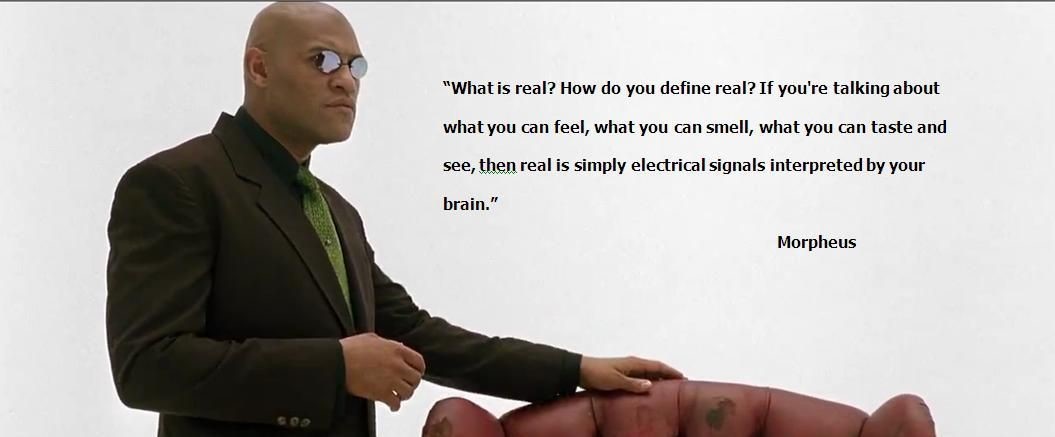
So, let’s tie this up in a neat package.
We can state firmly that our sensory experience of reality is subjective, not objective (not the same for everyone and everything at all times and in all places).
And, if it is not the same unilaterally, it can’t be objectively true.
So, what is objectively true?
Objective truth must be true for everyone and everything, always, in all times and all places, no matter what.
Not relative.
Because anything less than that is subjective and thus not objectively true.
There is no relative truth…there is perhaps relatively real, relatively observed or perceived, but not relatively True.
So, what is True? Can you state anything as 100% true, at all times, in all places, and to all things?
It’s OK, I’ll wait…
Still waiting…
Even the most firmly held facets of physics and science don’t meet the test of absolute truth, only relatively real.
Hard limit of the speed of light? Nope, it can be broken.
Time? Probably doesn’t actually exist.
Consciousness? Can’t even agree on what that’s supposed to mean.
🤣
Using reductive logic and personal observation, you could use Solipsism to arrive at I Am. And you could interpret that sense of an awareness of being aware as Consciousness. But that’s really it.
And this is where the process of “spiritual autolysis” as Jed McKenna calls it comes in (terrible fucking name by the way, so much baggage with the word spiritual).
But the process is a logically sound one.
Stated simply: try to write down one thing that is 100% true, and pick apart each thing you write down, explore all assumptions and dependencies (each of which then needs to be falsified or verified), until you can either falsify the statement or arrive at something that is 100% true.
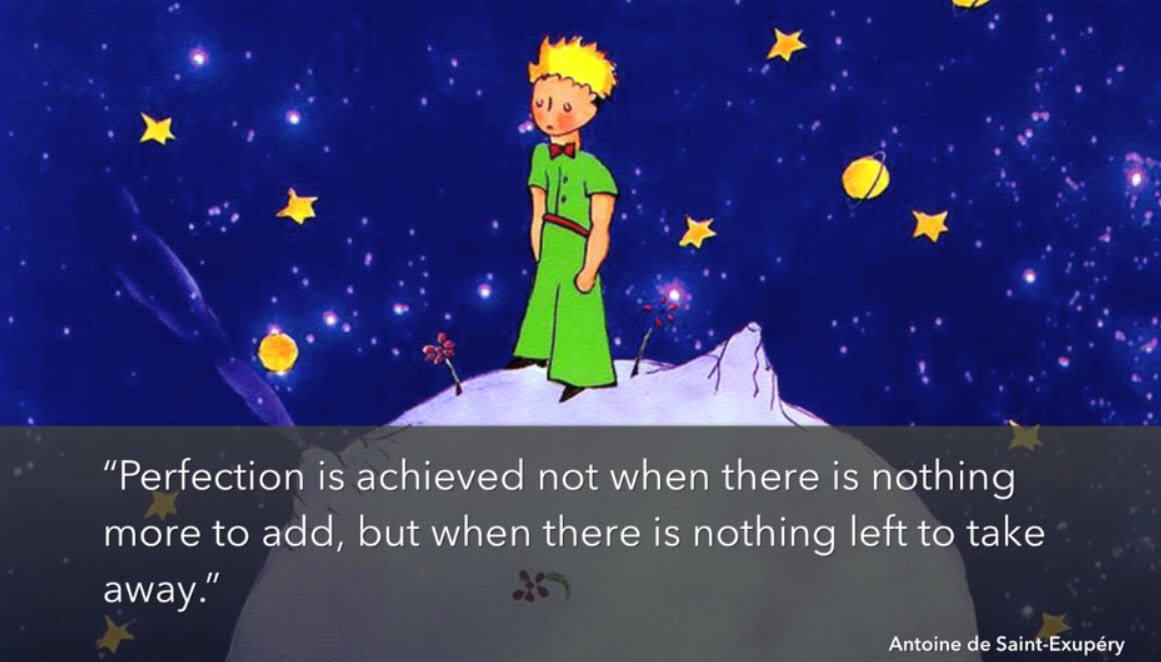
And you simply can’t do that process for someone else.
I can’t do this for you, and you can’t do this for me.
Everyone has a unique set of beliefs and mental scaffolding that they and they alone have to unravel…if they so choose.
Most won’t. It’s painful. And maybe pointless, hard to say.
It can be done though, and I state this as someone in the process of doing so.
I started a little over a year ago.
It’s a major mindfuck.
Is it useful? TBD.
Should you do it? Ehhh, maybe.
Do you feel like you should? If so, go for it.
Am I glad I’m doing it? Absofuckinglutely!
But this is the reason “the Tao that can be told is not the eternal Tao”.
Aside from the fact that all labels originate in our reality, and if there’s a layer above us, then truth can’t originate here, and thus can’t be named or constrained here. But yeah.
So there you have it, probability, reality, and truth, in a neat little package.
Have fun with it.
I make no profession to the truth or veracity of anything. I’m just thinking out loud 😁
Make up your own damn mind.
